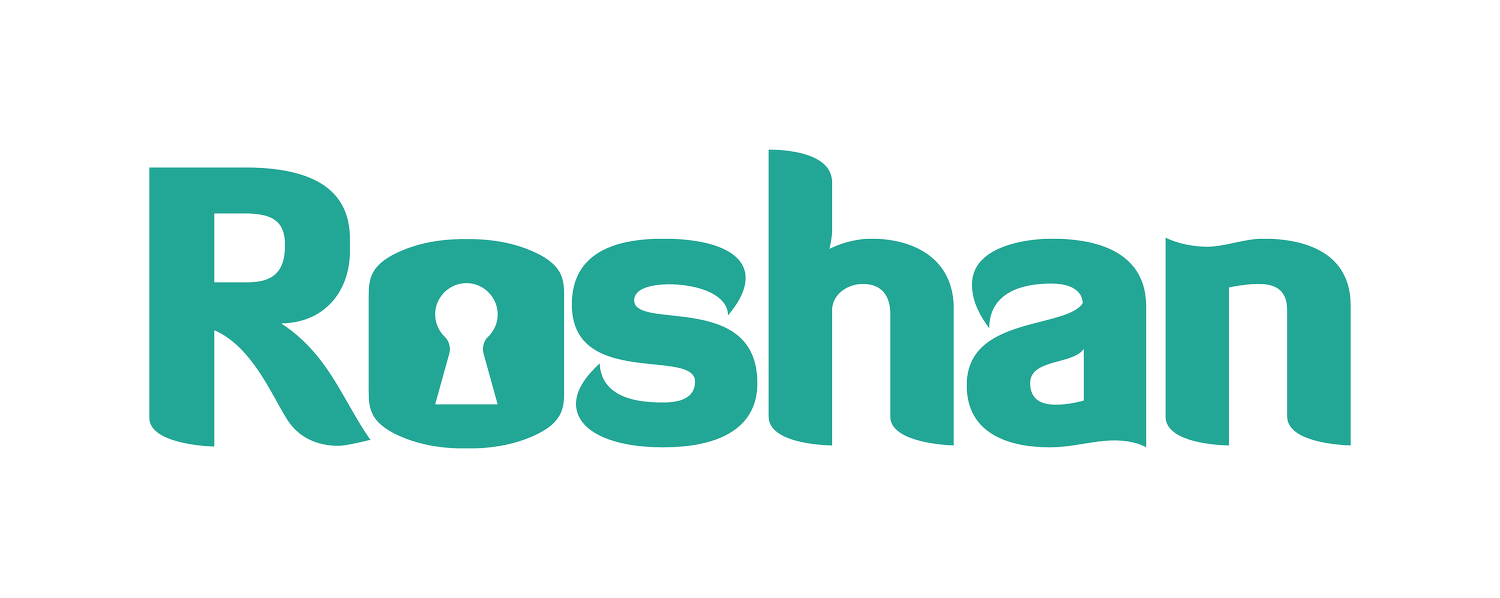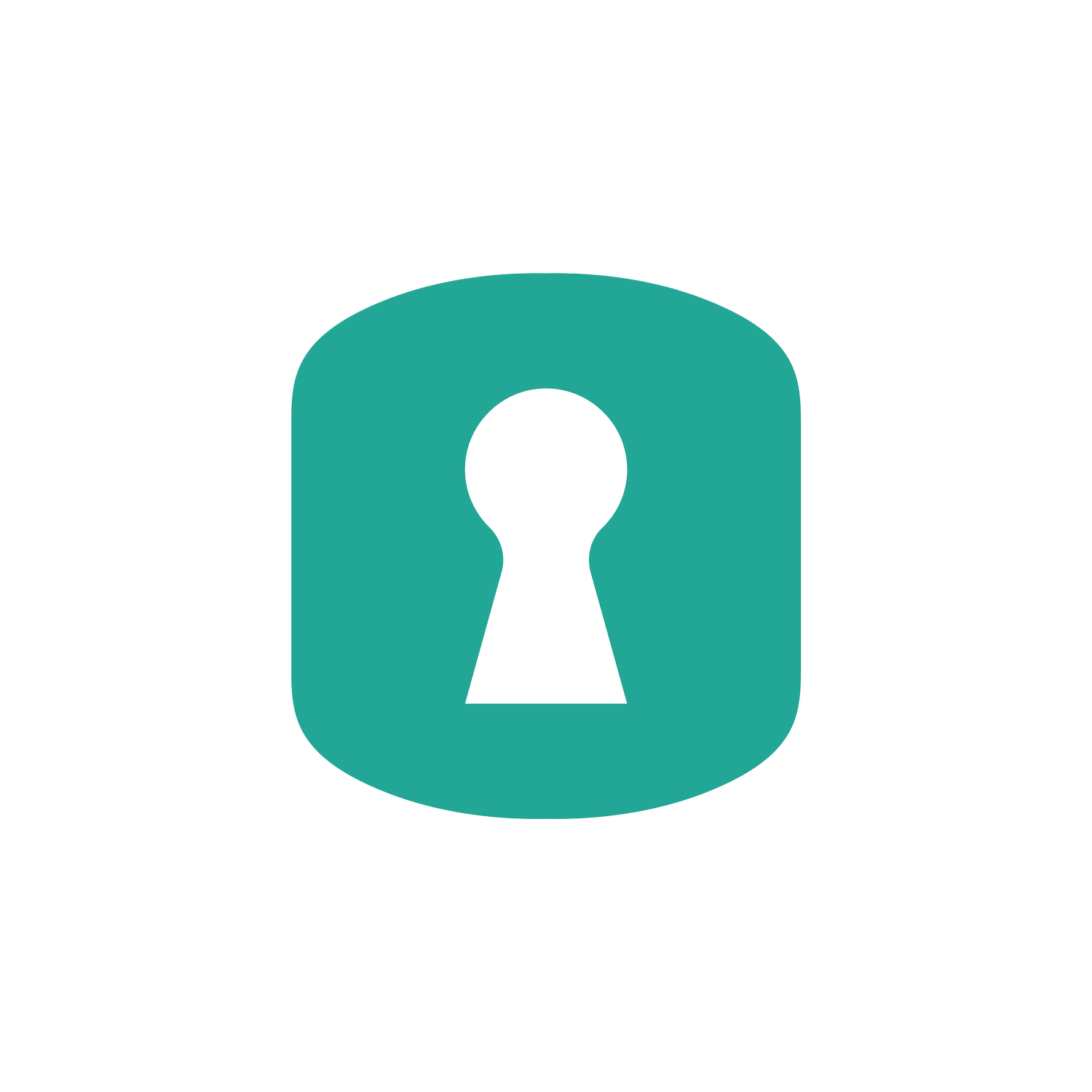Building Resilience through Social-Emotional Learning
In line with our efforts to create a safe, healing and learning environment, Roshan has been working to integrate Social-Emotional Learning (SEL) into our curriculum and teaching. SEL involves the development of emotional self-regulation, positive relationship-building, goal-setting, and encouraging other healthy behaviors. We believe that SEL will better equip our students to deal with life’s challenges, helping them to heal and become more resilient.
At the start of 2019, we brought on board a mental health & psychosocial support (MHPSS) consultant to help us develop our SEL training curriculum and conduct SEL training for staff and teachers. Adapting materials from the International Rescue Committee, we were able to create a context-specific SEL curriculum for Roshan.
Training teachers to implement SEL in their classrooms was an important element of our initiative. To this effect, we conducted several training workshops at Roshan as well as other refugee learning centers in Cisarua (outskirts of Jakarta). Over the course of these workshops, teachers were trained not only to help their students engage with SEL, but also to apply these skills in their own lives. Training participants have also been given follow-up coaching to ensure consistent application.
Since the trainings, our Roshan teachers have been incorporating SEL into the everyday learning of our students. In practice, SEL takes place in both structured and unstructured forms. Structured SEL learning involves planned activities, such as games or group tasks, followed by focused discussions or self-reflection. On the other hand, unstructured SEL learning involves everyday situations that occur organically, such as conflicts between peers. These moments offer real-life opportunities for students to practice what they have learned as teachers guide them through the appropriate steps.
While SEL is applicable to any age, activities and lessons differed per class level. Preschool, for instance, has more emphasis on learning through play, while Secondary students focus more on developing SEL alongside practical life skills. What has remained constant across all age groups was the encouragement of students to constantly reflect on their emotions and actions. By doing so, we are able to demonstrate the value of learning beyond academics.
In 2020, Roshan will be expanding our SEL activities to include other refugee learning centers in Jakarta.



